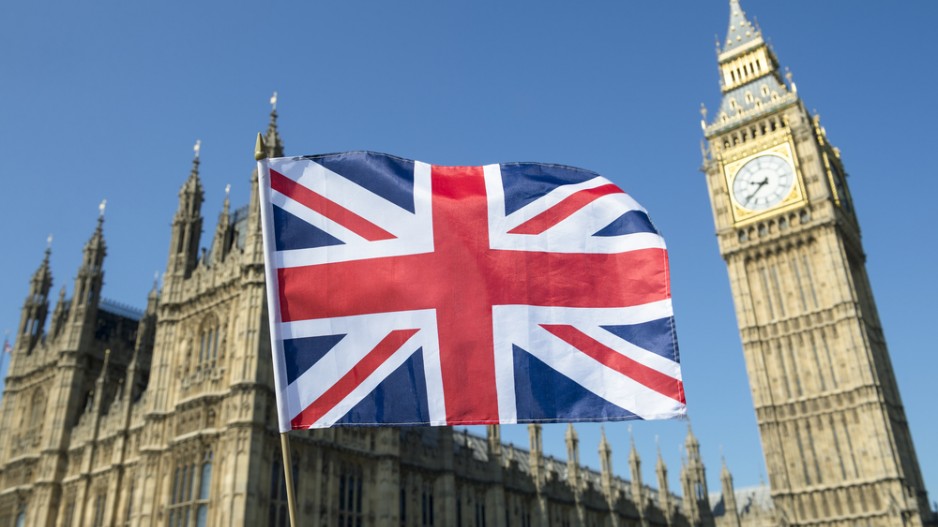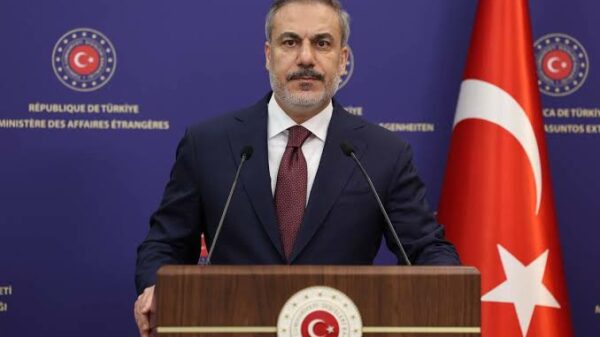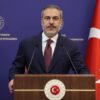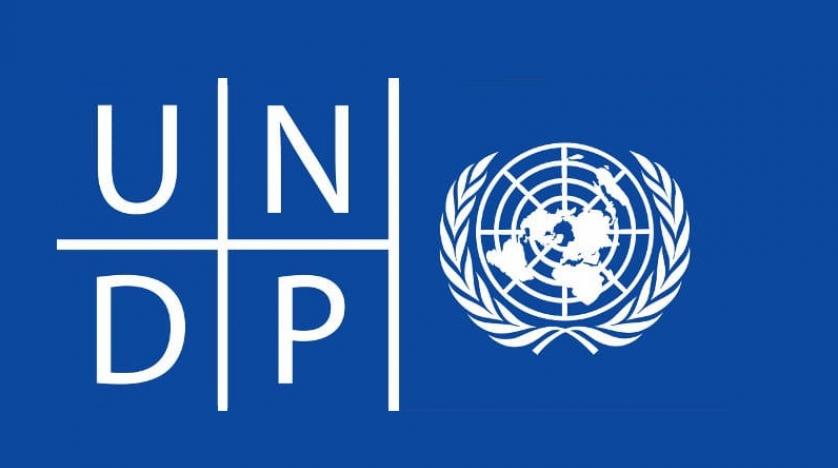“If I was down to my last dollar, I’d spend it on public relations.” Bill Gates
In an era of global interconnectedness and instant communication, the significance of public perception cannot be overstated. A nation’s image on the international stage plays a pivotal role in attracting foreign investments, fostering diplomatic relationships, and building the confidence of its citizens. However, recent statement questioning the efficacy of Public Relations (PR) by a government ministerial nominee who is likely to supervise the Nigerian Institute of Public Relations (NIPR), an institute with the onus of guiding and regulating the practice of the public relations profession in Nigeria has ignited a debate about the role of PR in bolstering a country’s image. It is imperative to address these concerns and emphasize the undeniable impact that a well-crafted PR strategy can have on enhancing national image, reputation and trust.
The art of Public Relations is not merely about glossy campaigns or superficial narratives; rather, it is a comprehensive approach that involves strategic communication, stakeholder engagement, and reputation management. A well-executed PR strategy can effectively highlight a country’s achievements, showcase its cultural richness, and convey its commitment to progress and development. This goes beyond mere optics – it is a tool that, when wielded correctly, can reshape narratives and perceptions on a global scale.
History undeniably attests to the profound and transformative power of public relations (PR) in molding and shaping national images. The numerous illustrative examples extensively found within the pages of my book ‘PR Case Studies: Mastering The Trade Vol 1 & 2’, serve as a testament to this assertion. Within the scope of our discussion, let us delve into a select few of these compelling instances.
In the 1960s, the nation was largely associated with conflict and poverty. However, a well-coordinated PR campaign, exemplified by the “Korean Wave,” elevated South Korea’s global standing through the promotion of its culture, music, and technology. This not only attracted international interest but also drove tourism, trade, and investment, ultimately contributing to the nation’s economic growth.
During the late 2000s, Ireland faced a severe economic downturn due to the global financial crisis. However, the country strategically utilized Public Relations to reshape its image. By highlighting its highly skilled workforce, low corporate tax rates, and vibrant culture, Ireland attracted multinational corporations and positioned itself as a tech and innovation hub. This PR-driven approach played a significant role in the country’s economic recovery and emergence as a global player in the technology sector.
Colombia, a country once plagued by a negative image associated with drug cartels and violence, managed to transform its reputation through a well-executed PR campaign. The “Colombia is Passion” campaign emphasized the country’s rich culture, biodiversity, and hospitality. By showcasing its positive attributes and encouraging tourism, Colombia succeeded in changing perceptions and attracting visitors, which in turn bolstered its economy and reputation.
Rwanda, despite its tragic history, has effectively utilized PR to rebrand itself as a nation of progress and innovation. By focusing on sustainable development, wildlife conservation, and technology, Rwanda has attracted foreign investment and positioned itself as a promising African economy. PR played a pivotal role in communicating the country’s vision and achievements to the world.
These case studies underscore the transformative potential of Public Relations in shaping national perceptions, building confidence, and driving economic growth. In each of these examples, strategic PR efforts were integral to overcoming challenges, attracting investments, and fostering a positive image that resonated both domestically and internationally.
In addendum, the absence of a robust PR strategy can have dire consequences for a nation’s reputation and development. Without effective communication, misinformation and negative narratives can take root and create lasting misconceptions that hinder a country’s growth. This is particularly evident in the case of some African countries, where media portrayal of conflict and instability has often overshadowed the many positive achievements and potential for development of these countries. This skewed image can deter foreign investments, tourism, and other opportunities, thereby ultimately hindering the progress of these nations. This is underscored by a study by United Nations Conference on Trade and Development (UNCTAD) which found that the perceptions of a country’s business environment significantly impact foreign investors’ decisions
Furthermore, lack of effectively coordinated, clear and timely communication regarding policies and regulations between a government, its agencies and stakeholders can profoundly affect investor trust, potentially leading to a tarnished national reputation that discourages foreign direct investment (FDI). For instance, in 2014 the Nigerian government introduced the Automotive Policy aimed at boosting the domestic automotive industry through higher tariffs on imported vehicles and incentives for local assembly faced challenges due to uncoordinated communication and unclear directives from government agencies. Conflicting information and sudden changes in tariff rates created uncertainty, causing foreign automakers and investors to hesitate in establishing local manufacturing operations. The resulting lack of investor confidence led to delayed or canceled investment plans, illustrating how inconsistent communication and policy implementation can discourage foreign direct investment and undermine the overall business climate.
The World Bank’s report on Governance and Foreign Investment, titled “Governance Matters highlights the strong connection between good governance (which encompasses, transparency, accountability, and effective communication) and the inflow of foreign direct investment (FDI). According to this report, countries that demonstrate transparency, accountability, and open communication through effective PR strategies are more likely to attract higher levels of FDI.
Finally, a robust PR strategy contributes to citizen engagement and trust-building. When citizens are informed about government initiatives and achievements, they are more likely to feel a sense of ownership and pride in their nation. This fosters a positive feedback loop where citizens become active ambassadors, sharing positive stories and experiences with the international community. This can inspire a sense of national pride in citizens in the diaspora which may motivate them to invest in their own country because Diaspora investment, in particular, is often fueled by emotional ties and a sense of connection to one’s country of origin. For example, Israel has a strong and globally dispersed diaspora that has played a significant role in supporting the country’s economic development. The “Yozma” program, which aimed to attract venture capital to Israel, was partly initiated by Israelis living abroad. Many members of the Israeli diaspora invest in Israeli startups and high-tech companies.
IN CONCLUSION,
Although, it is widely acknowledged that past administrations in Nigeria have made successive attempts to repair the country’s battered international image; however, these efforts have often lacked the foundation of a comprehensive and strategically planned public relations approach. To attribute the failures of these governments solely to the ineffectiveness of PR in boosting the country’s image would be oversimplifying the issue. A more accurate analogy would recognize that when the archer misses the bull’s eye, it is not the arrow that is solely to blame, but rather a comprehensive evaluation of the archer’s technique and execution is necessary.
Consequently, rather than dismissing PR as a futile expenditure, governments should recognize it as an indispensable investment in national development, reputation, and progress. In a world where perception shapes reality, Public Relations emerges not as a luxury, but as an inevitable tool for shaping the destiny of nations.
Gatekeepers News is not liable for opinions expressed in this article, they’re strictly the writer’s















































